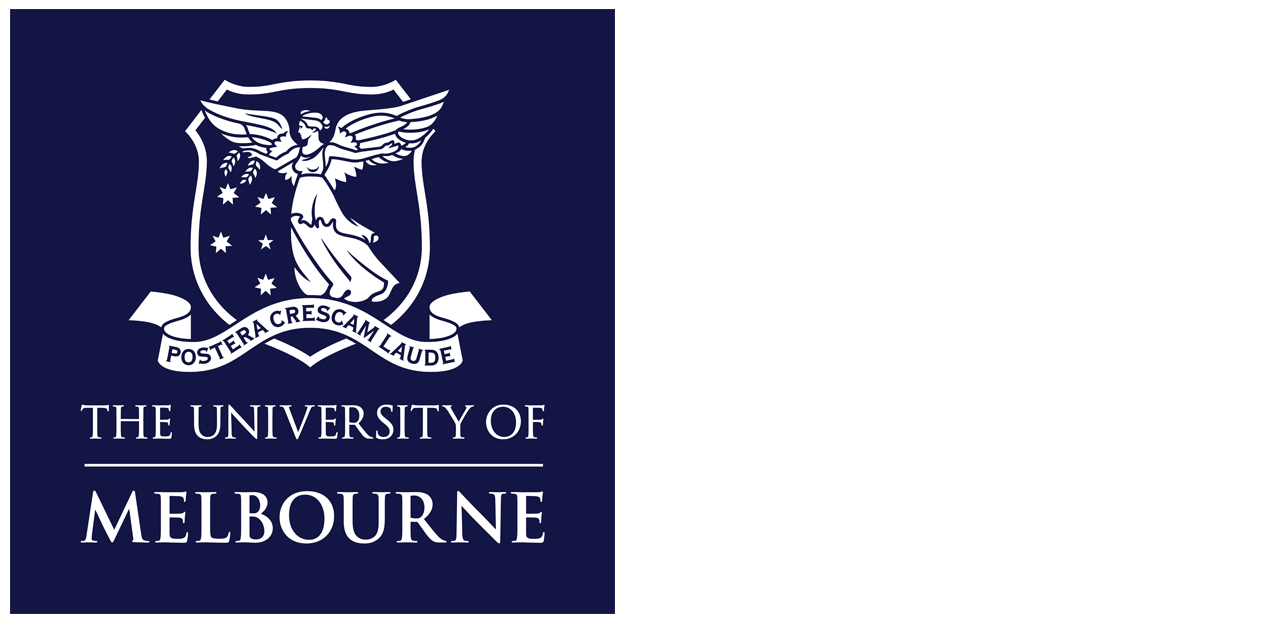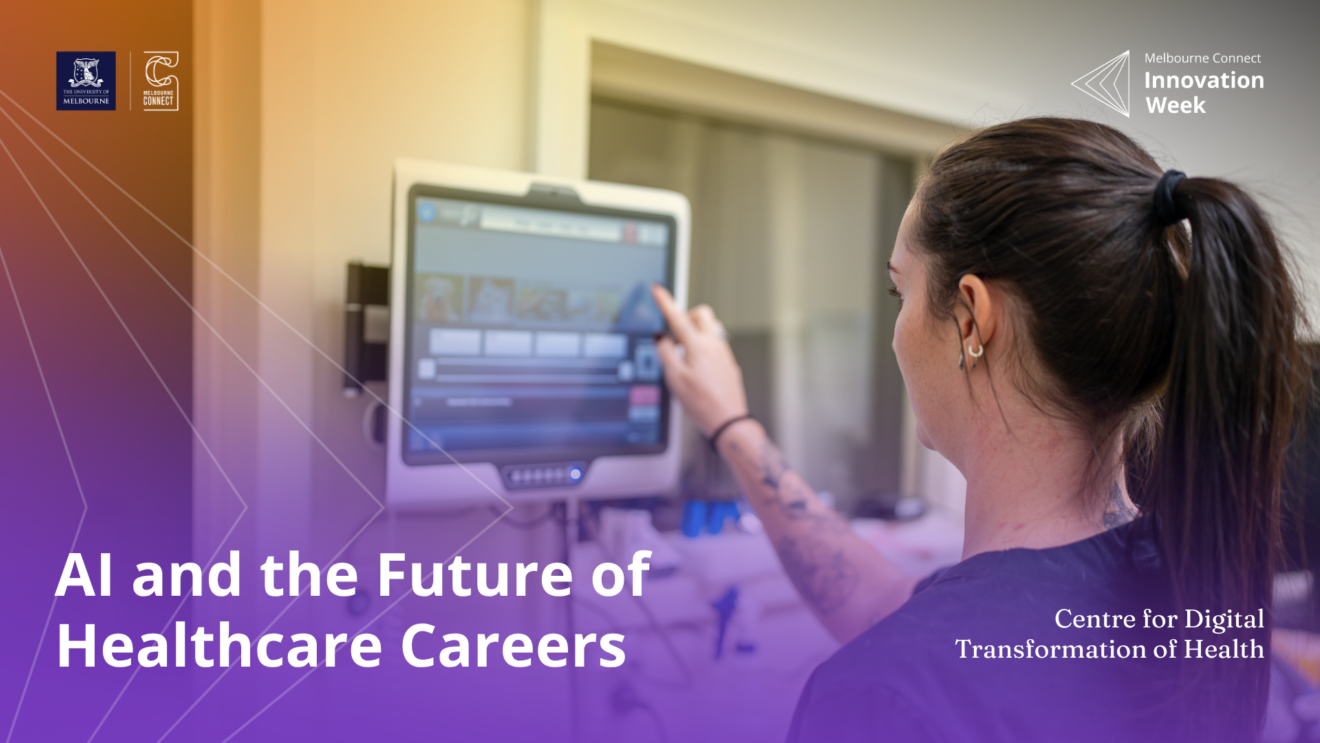


AI is reshaping the healthcare landscape, but what does this mean for today's students? From AI scribes in psychology sessions to diagnostic tools aiding radiologists, technology is transforming roles across the sector. Connected systems and automation are enabling seamless data sharing and communication between providers, streamlining processes and boosting efficiency.
In this panel, explore how these advancements are redefining healthcare roles and the skills you'll need to thrive. What does AI mean for person-centred, equitable care and health outcomes? Could it be the breakthrough we've been waiting for? Learn how to navigate and make the most of these changes in your future career.
Dr Olivia Metcalf is an early career researcher and behavioural scientist who specialises in digital mental health and trauma-affected populations. Olivia is interested in leveraging technology, including wearables and smartphones, in assessing and treating mental health problems that can result after trauma, including PTSD, addiction, and problem anger. Her PhD in the area of cognitive psychology focused on understanding addictive behaviours. Olivia has expertise in research methodology, including experimental, physiological, cognitive, systematic reviews, and clinical trial research.
Patrick Bowers is an Audiologist and Lecturer in the Department of Audiology and Speech Pathology at the University of Melbourne. He leads the practical and experiential learning programs in the Master of Clinical Audiology. His main research interest is in health professions education research, specifically in the fields of digital learning tools, communication, and feedback. Patrick is currently a PhD candidate, investigating the application of artificial intelligence tools for driving communication skill development in healthcare professions students.
Dr Sarah Knight is a clinical neuropsychologist, researcher and Senior Lecturer within the Melbourne School of Psychological Sciences at the University of Melbourne, where she leads the Neurodevelopment in Context Lab. Sarah's current research focuses on co-developing innovative, interdisciplinary rehabilitation approaches and pathways for children with neurodisability. She has a strong commitment to partnering with young people, families, and clinicians in research, and uses inclusive participatory research methods and implementation science to create change and improve systems and services.
Dr Rim Ghali is a general practitioner and PhD student at the Safer Families Centre. Rim's work focuses on improving health practitioners responses to women experiencing domestic and family violence, investigating the role and acceptability of clinical decision support tools in primary care. Rim has both qualitative and quantitative research experience. As a practising GP she has interests in women's, mental and preventative health care. Rim has also held a role as medical editor for the Australian Journal of General Practice, contributing to the strategic development and educational activities of the journal.
